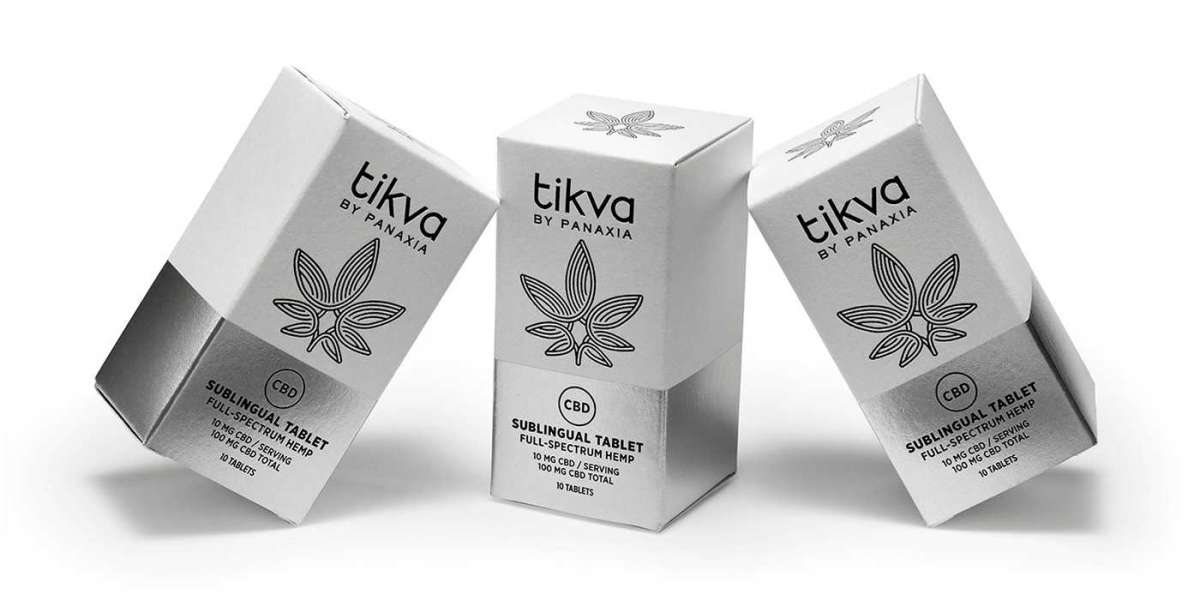Ammunition serves as the lifeblood of every firearm, enabling the weapon to function and deliver its payload effectively. Among the many calibers available, the 9mms cartridge is one of the most versatile and commonly used types worldwide. This article delves into the characteristics of 9mm ammunition, why it’s preferred by many, and the considerations involved in selecting the right rounds.
The Role of Ammunition in Firearms
Ammunition’s primary purpose is to convert the chemical energy stored in the cartridge’s powder into kinetic energy to propel a bullet out of the firearm barrel. The design of the cartridge affects how the bullet travels, the accuracy, and the damage it causes upon impact. Each type of ammunition is crafted for specific uses—ranging from target practice to personal defense or military operations.
Why 9mms Remain a Top Choice
The 9mm round stands out due to its effective balance between power and recoil. Shooters appreciate its manageable kick, which allows for quicker follow-up shots, an important factor in defensive scenarios. The widespread availability of 9mm ammunition also contributes to its popularity, making it an economical option for both casual and professional shooters.
Additionally, the compact size of 9mm cartridges allows firearms to carry higher magazine capacities. For example, many modern semi-automatic pistols chambered in 9mms can hold between 15 to 20 rounds, giving users more firepower without increasing the size or weight of the weapon excessively.
Types of 9mm Ammunition and Their Uses
Understanding the different varieties of 9mm rounds is essential for selecting the best ammunition for your needs:
- Full Metal Jacket (FMJ): These rounds are typically used for target shooting and training due to their cost-effectiveness and reliability. FMJ bullets do not expand on impact, making them less ideal for self-defense but excellent for practice.
- Hollow Point (HP): Preferred for self-defense, hollow point ammunition expands upon impact, creating a larger wound channel and transferring energy more efficiently. This reduces the risk of the bullet passing through the target and potentially causing unintended harm.
- Frangible Rounds: Designed to disintegrate upon impact with hard surfaces, frangible ammunition reduces ricochet risks, making it useful for specialized training environments or close-quarters combat.
Ammunition Selection Considerations
When choosing 9mm ammunition, reliability and compatibility with the firearm are paramount. Some handguns perform better with specific brands or types of ammunition, so testing various loads can help determine the best fit. Furthermore, the pressure rating of the round, such as standard or +P, affects velocity and recoil. Using rounds beyond a firearm’s rating can cause damage or excessive wear.
Another critical aspect is understanding the intended purpose. While FMJ rounds are great for practice, hollow points are generally recommended for self-defense. Law enforcement agencies typically issue hollow point ammunition to maximize stopping power while minimizing collateral damage.
The Impact of Ammunition on Performance
The quality of ammunition directly affects shooting accuracy, reliability, and terminal effectiveness. High-quality 9mm rounds provide consistent muzzle velocity and reliable feeding, which can reduce malfunctions such as jams or misfires. This reliability is especially important in high-stress situations where equipment failure can have serious consequences.
Moreover, advances in bullet design, such as improved hollow point shapes and bonding techniques, enhance performance by ensuring bullets expand reliably without fragmenting. This means more energy is delivered to the target, increasing the chances of stopping a threat quickly.
The Future Landscape of 9mm Ammunition
Ongoing innovation in ammunition development promises even greater performance from 9mms. Manufacturers continue to experiment with new materials and bullet constructions to improve penetration and expansion characteristics while reducing recoil. These improvements aim to keep the 9mm round relevant despite competition from newer calibers.
The trend toward lightweight, high-capacity firearms also supports the continued dominance of the 9mm cartridge. Its efficiency in balancing power, recoil, and capacity makes it an ideal choice for concealed carry, tactical use, and recreational shooting.
Conclusion
In ammunition plays a vital role in firearm function, and the 9mm round exemplifies versatility and effectiveness in this domain. Its balance of manageable recoil, capacity, and performance makes it a preferred choice for many shooters worldwide. By understanding the different types of 9mm ammunition and selecting the right rounds for specific needs, users can optimize firearm performance and ensure safety. With continuous technological advancements, 9mms will likely remain at the forefront of ammunition choices for years ahead.



